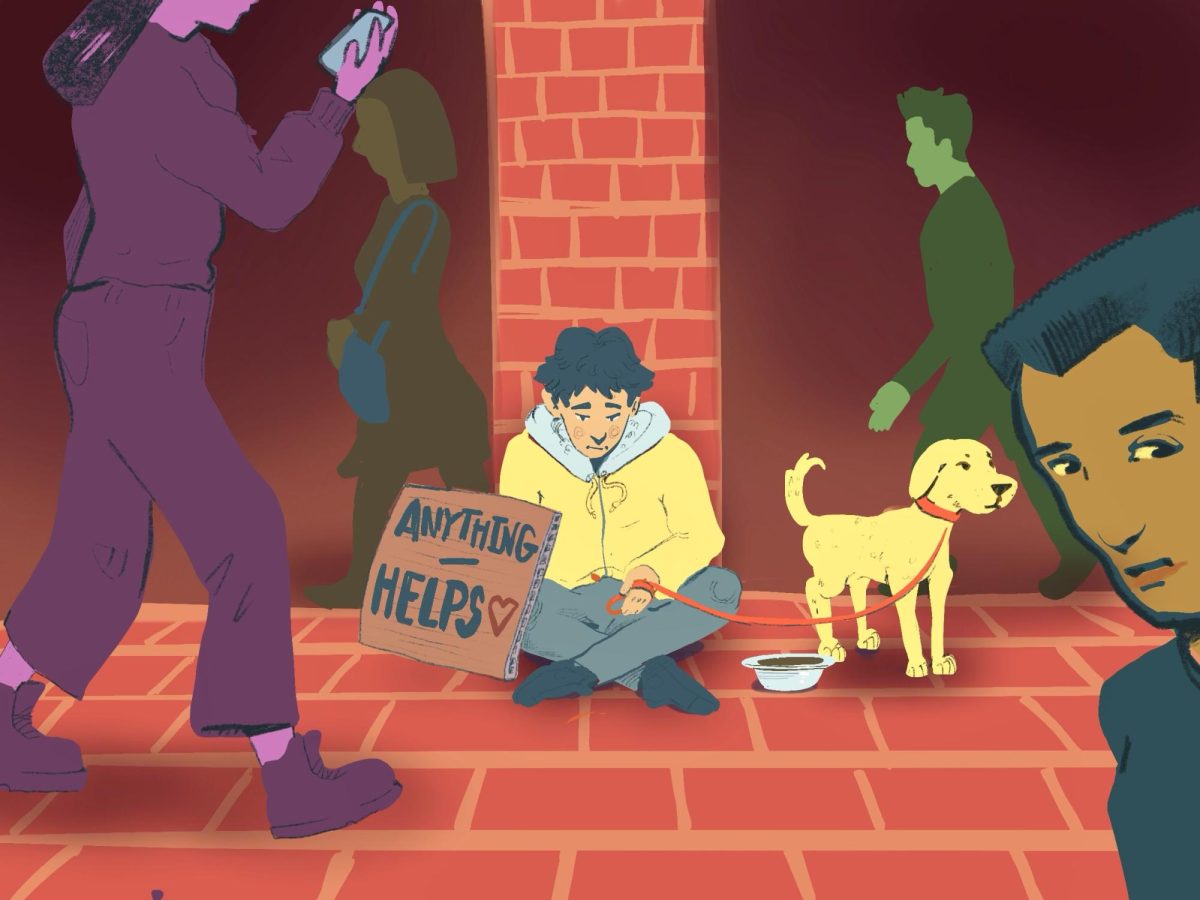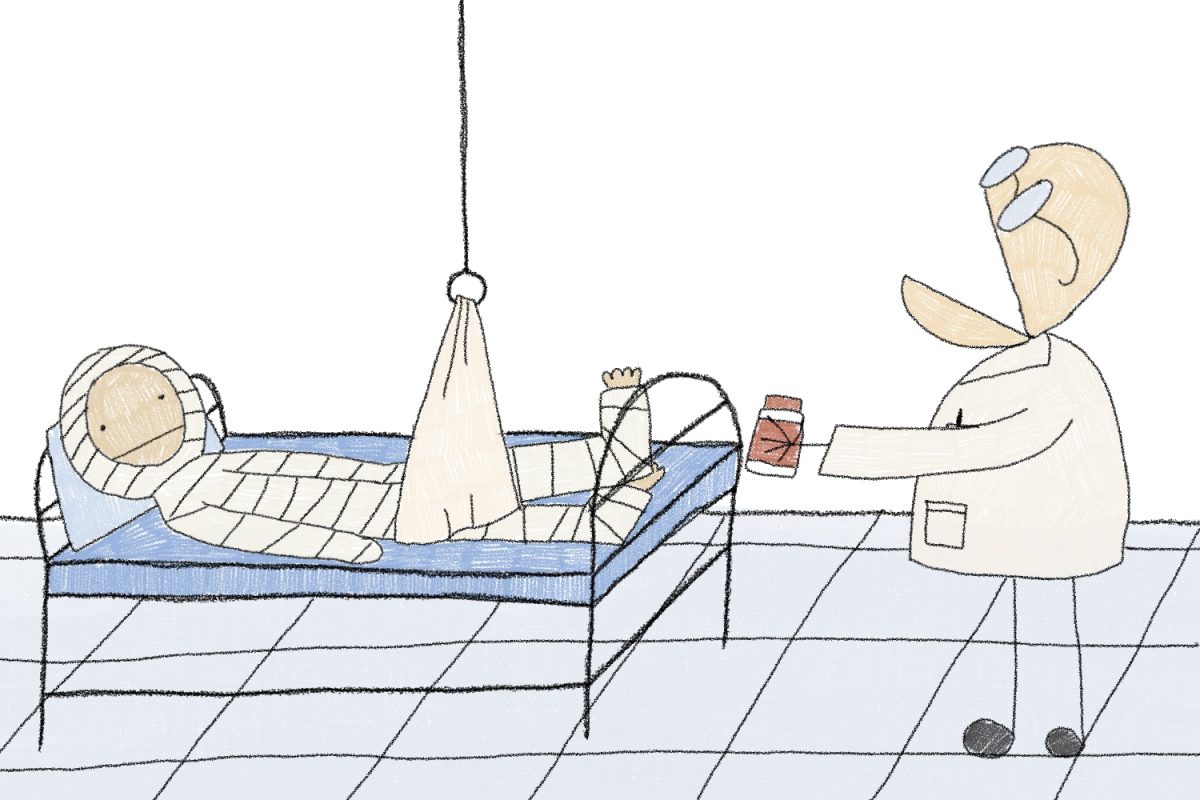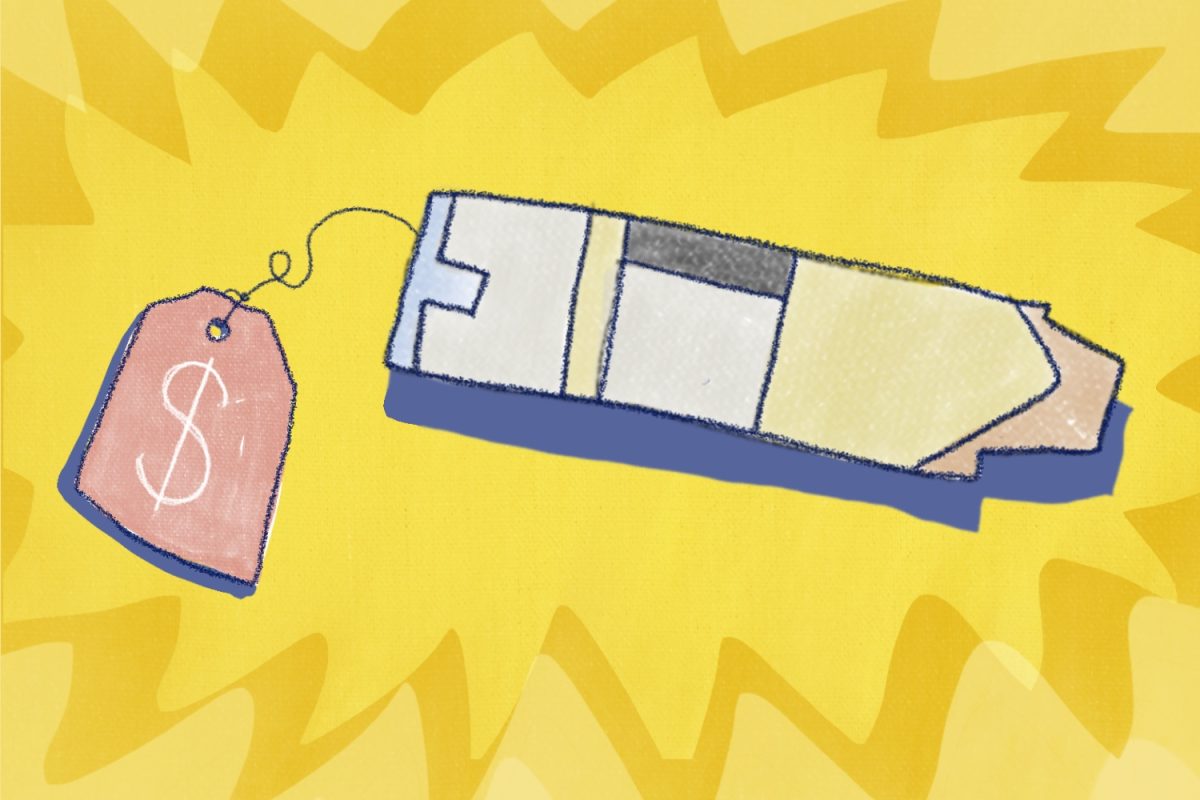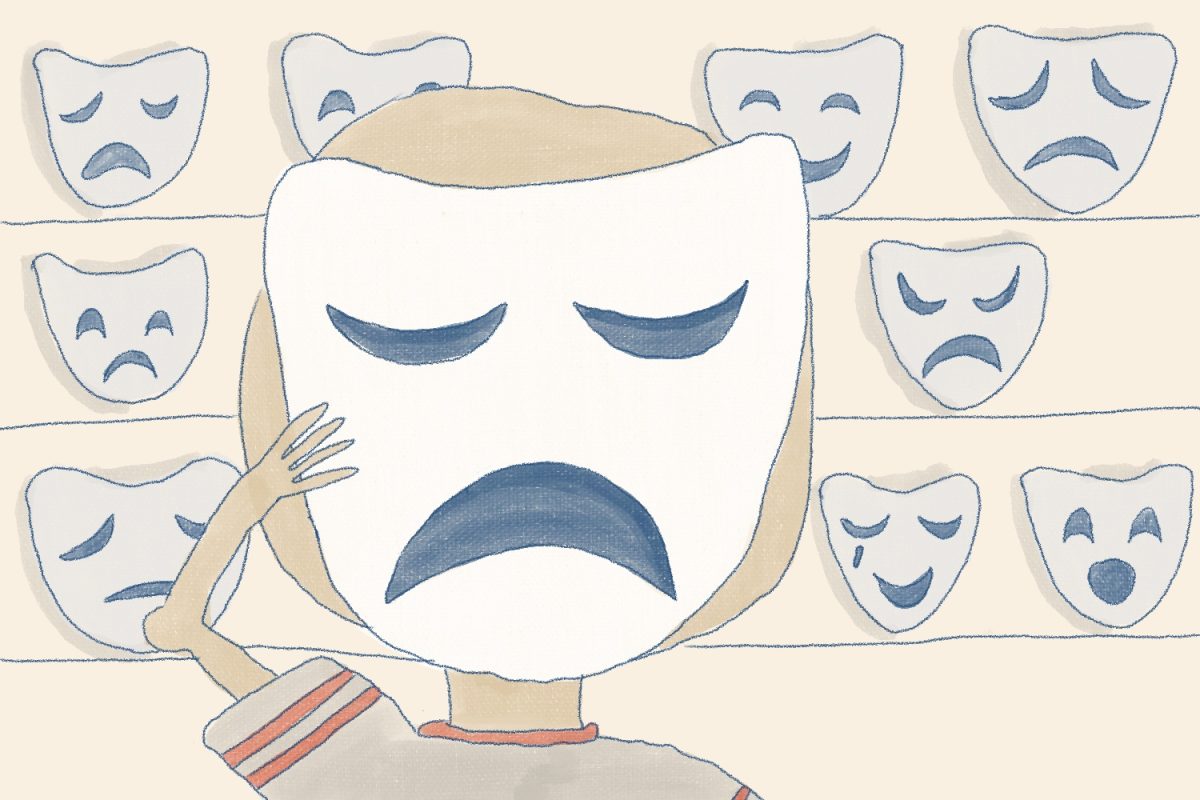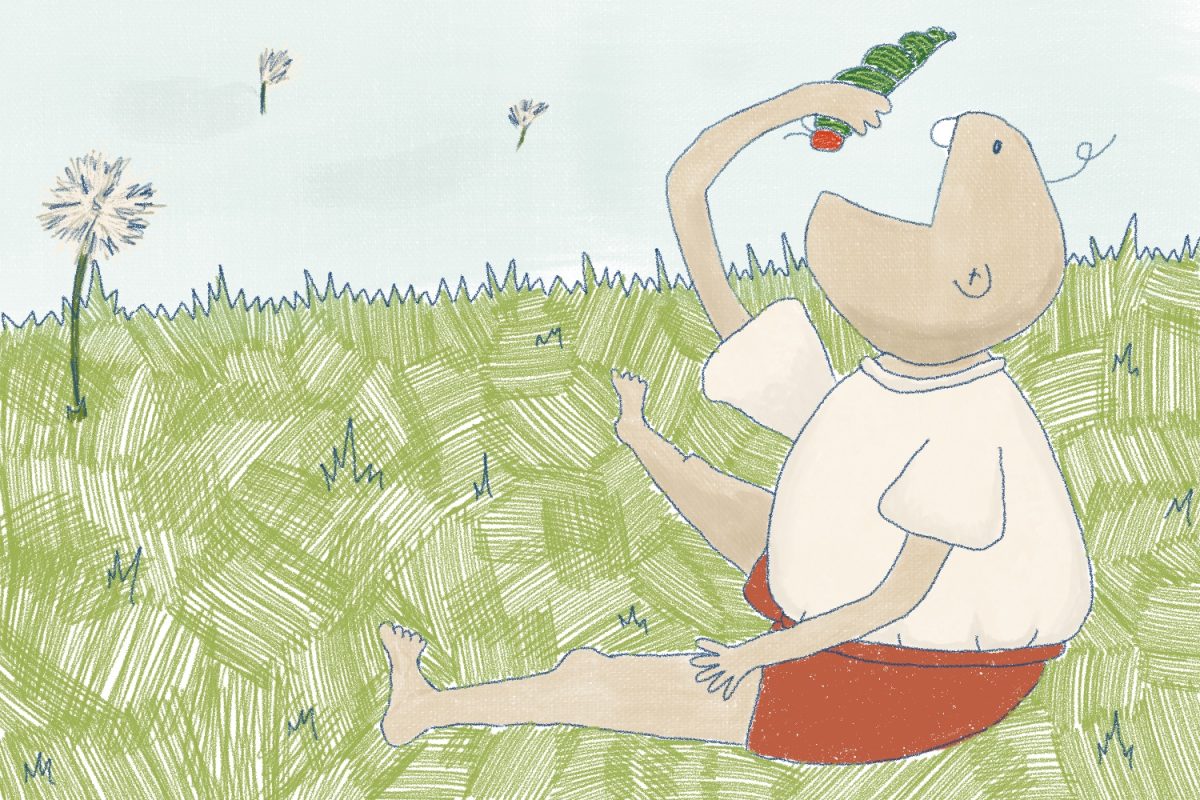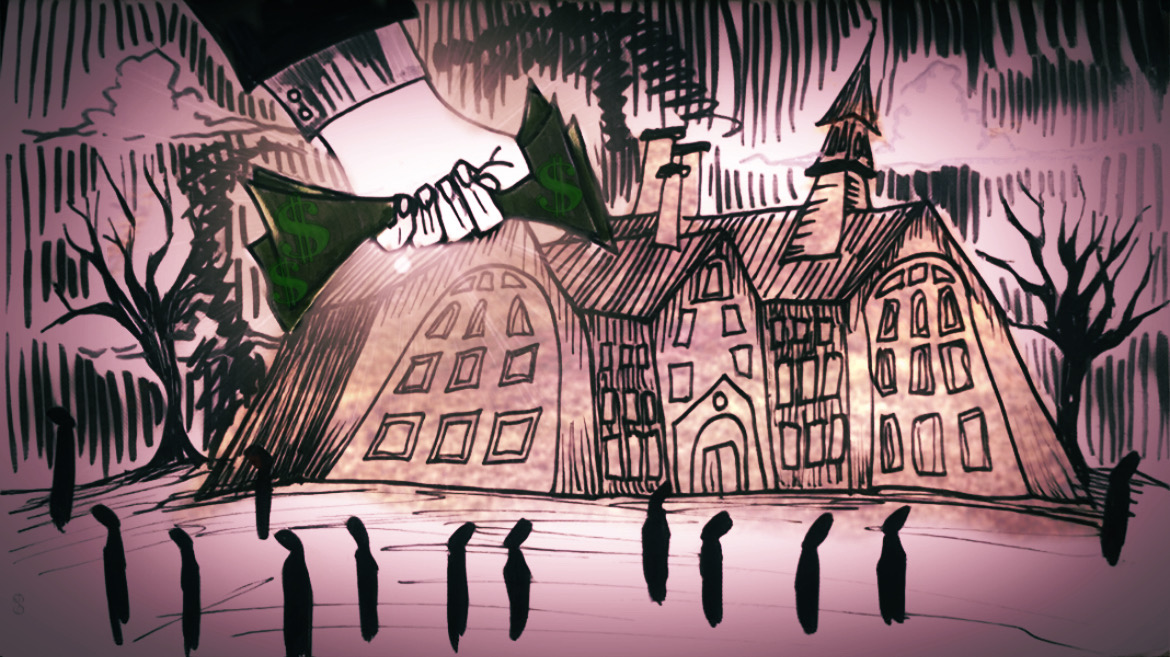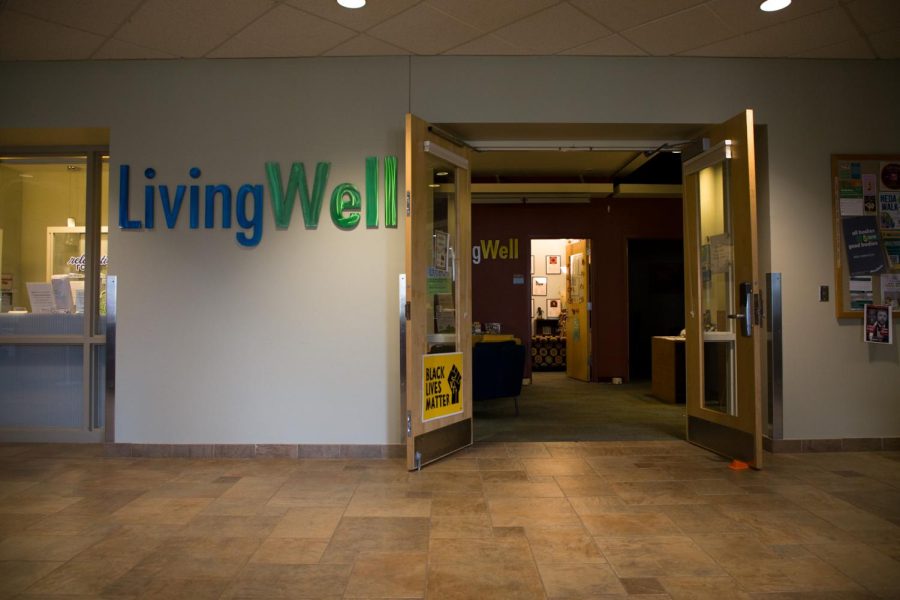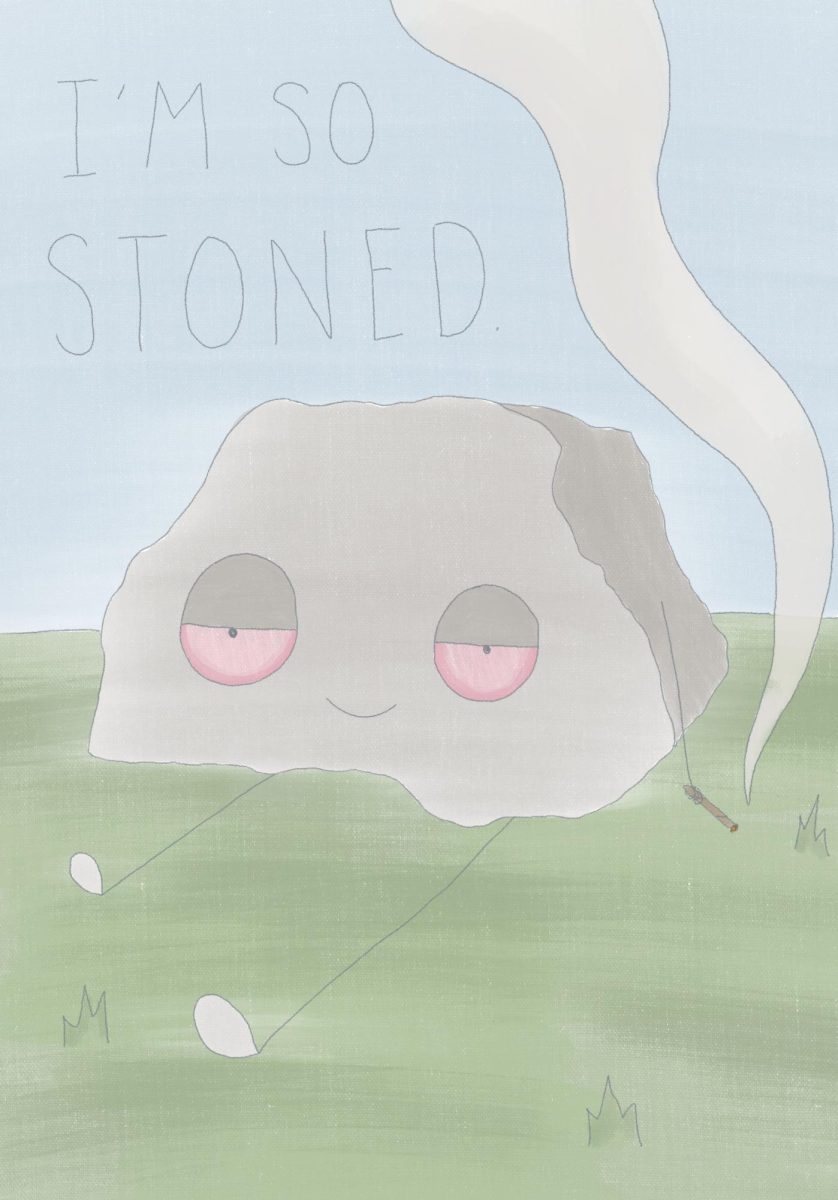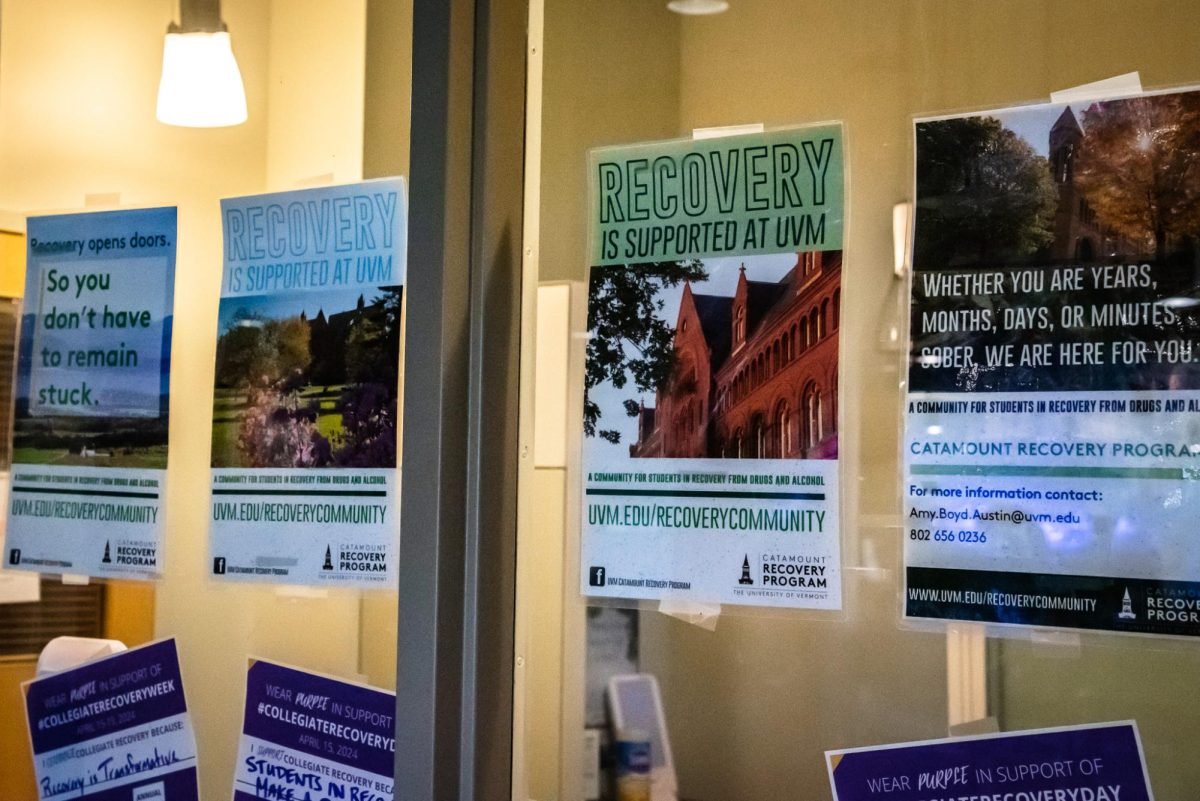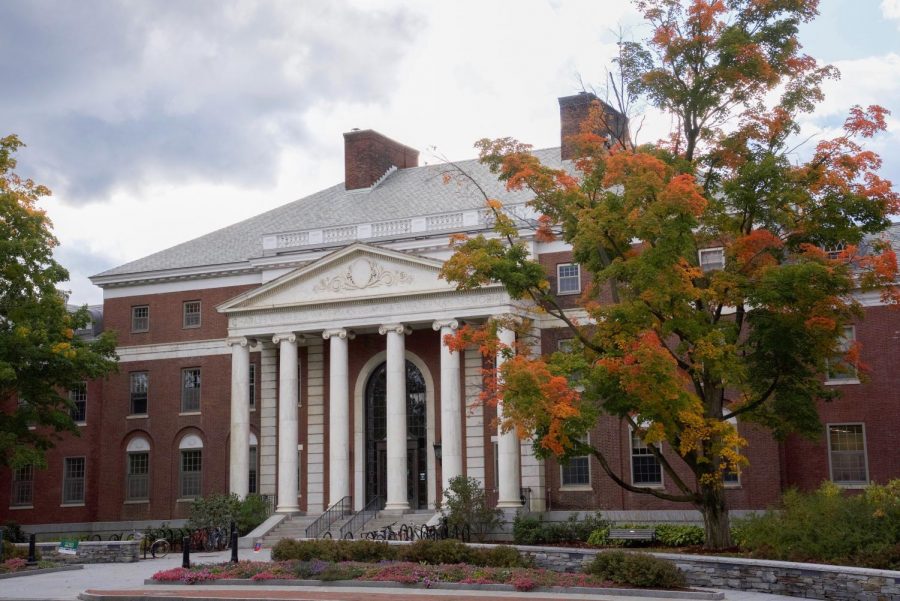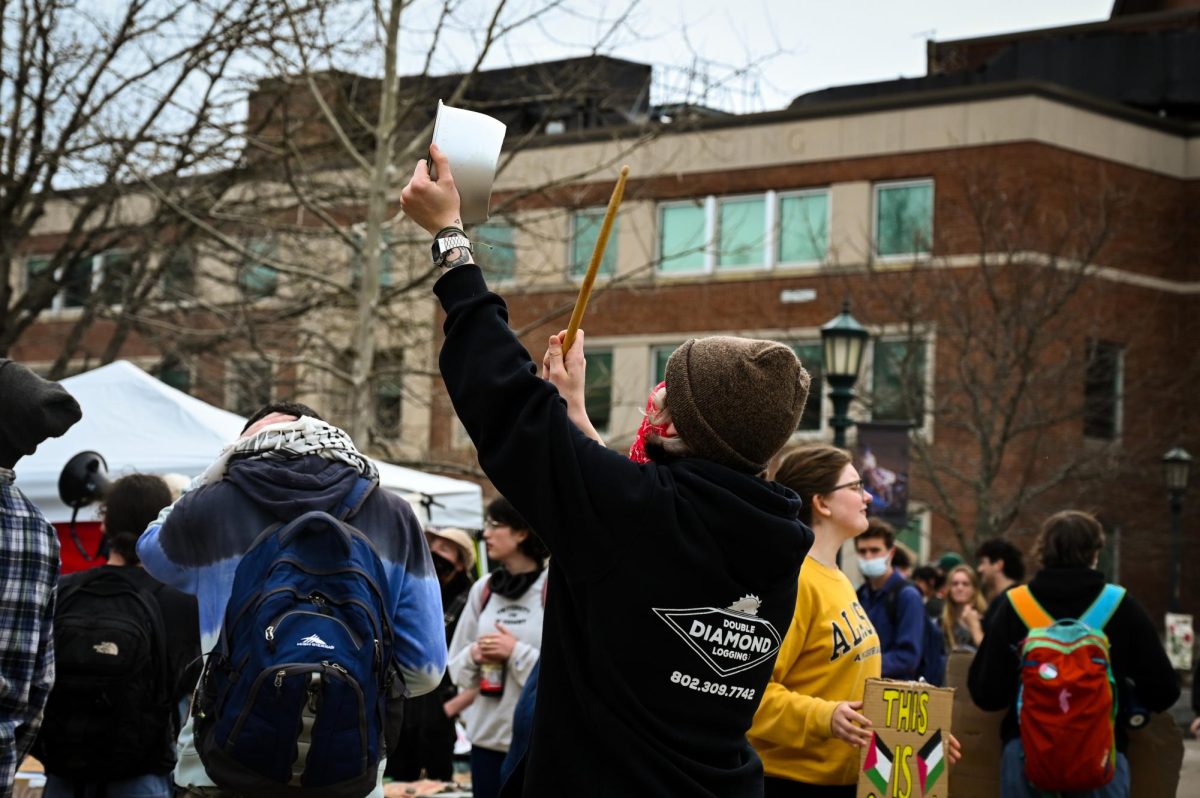Late one night in Montreal, my friends and I were enjoying a cigarette on a stoop when we were approached by a homeless man.
We gave him a few cigarettes, a joint and a night cap of all our red solo cups poured together––he told us he was very pleased to smell the vodka.
My other friends were unhappy to hear that I gave a homeless person substances, saying I enabled this man.
There is a cultural belief that if you give an unhoused person money they will always spend it on drugs. Walking through the streets of New York City as a child, my parents would explicitly tell homeless people to “go buy a hot meal” with the money we gave them.
Others simply choose to not give panhandlers money at all in fear they might use it to do drugs—as though withholding money from them is doing them a favor.
Not only do I give homeless people money, sometimes I give them drugs.
So what?
I spend money on drugs, you spend money on drugs—we all enjoy drugs.
Eighty-five percent of Americans consume at least one caffeinated beverage a day, according to the National Library of Medicine. Caffeine—a drug—can be highly addictive, with many users experiencing withdrawal if their daily quota of cups is not reached.
Some people consider sugar a drug, yet we have it daily. Technology is a drug we are all addicted to.
Most of us here at UVM fiend for our greens.
The relief of a joint after a long day of classes is healing. Cannabis is a useful tool for stress and anxiety management. We shouldn’t shame unhoused people for doing the same things we do.
The stereotype that all unhoused people deal with substance misuse is wrong. Most are simply victims of circumstance.
Even if they do have an addiction, it is vital to remember the intersection between houselessness and substance use is difficult to navigate.
Laurie Geddes MSN, a psychiatric-mental health nurse practitioner, who works with people with addictions, stresses the importance of not casting judgment on people who happen to be both unhoused and struggling with addiction.
“I believe that many homeless people feel shame from society,” said Geddes. “Once homeless, the shame, failure and experiences that may come from this change, individuals may turn to substance use to manage or cope with the pain of failure.”
Society’s unending prejudice against houseless people is not extended to others who live with similar situations.
Celebrities that are open about substance misuse are celebrated for their transparency and honesty. They overcome difficulty at lavish treatment facilities costing upwards of $100,000 a month.
We recognize life in Hollywood often pushes celebrities to their limits.
This is no different from accepting how burdens plaguing homeless people often provide a direct connection to drug use.
“There are definite challenges to the system that are in place […] The number of people experiencing homelessness is rising and I think our economic structure is contributing to that,” Geddes said. “I think the most important thing we can do is treat people with love.”
I believe most of us would want a beer, a joint or a cigarette to feel better in such a difficult situation.
Milder forms of substances like these are used in safe and healthy ways every day by a wide group of people. From 4/20 to Oktoberfest, recreational drug use can bring people together.
Next time you come across an unhoused person, remember they are just that—a person—who, just like the rest of us, wants some relief after a hard day.


